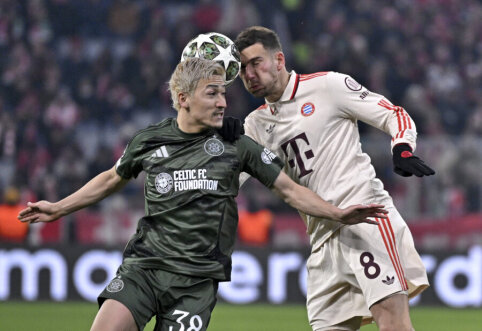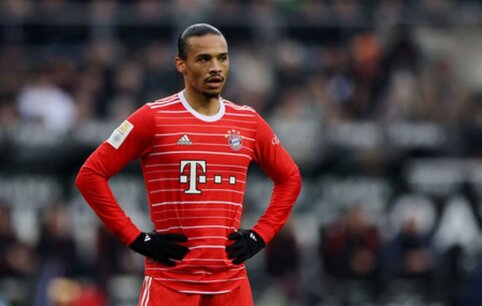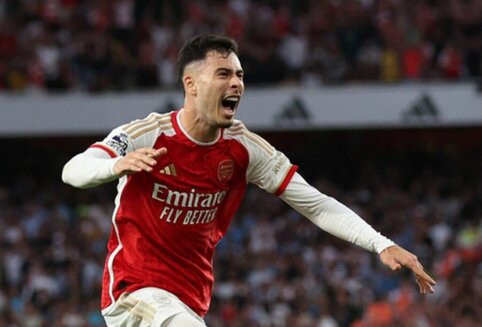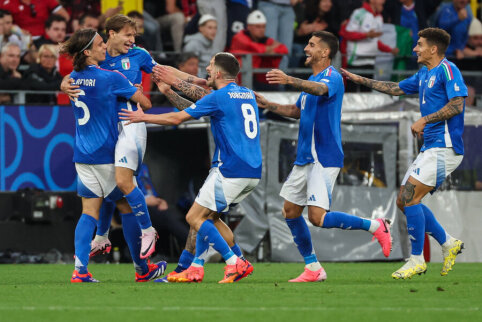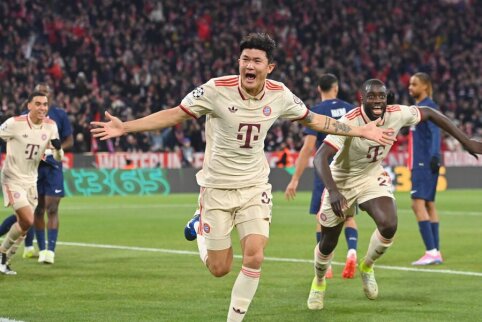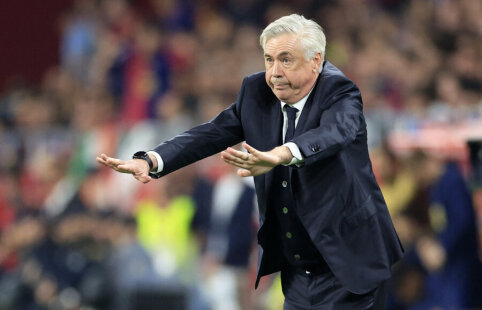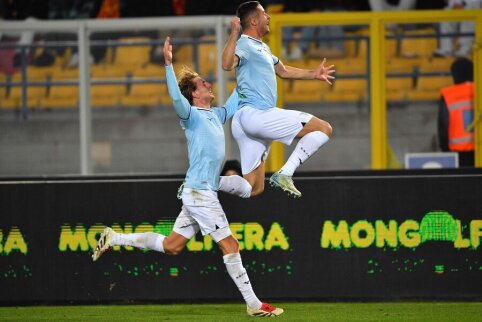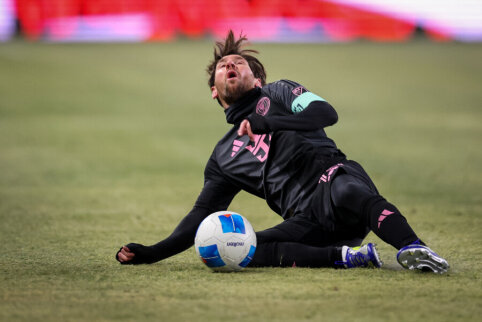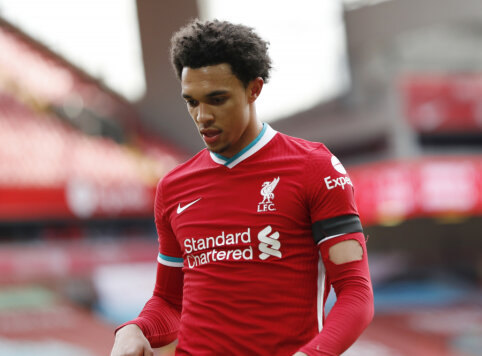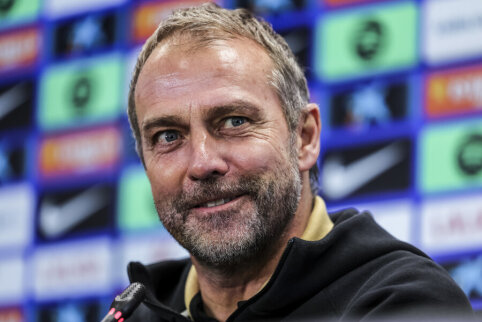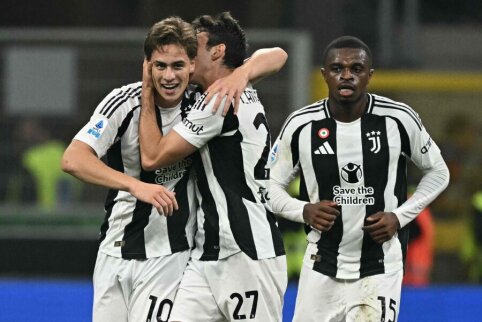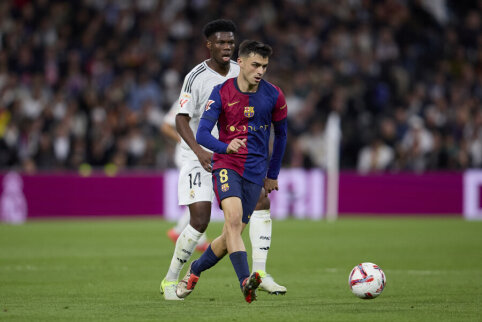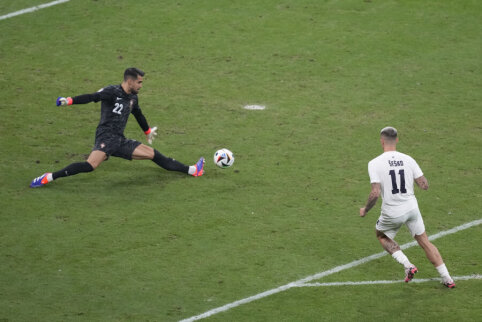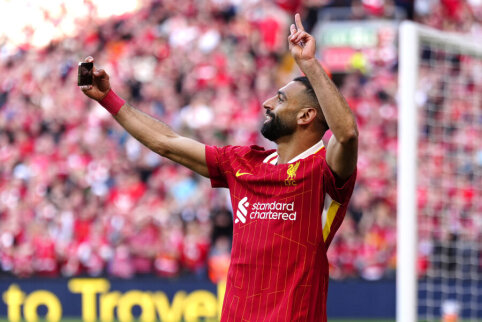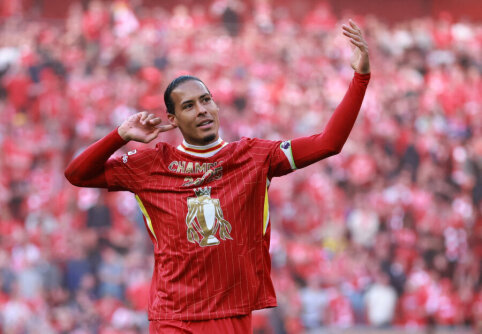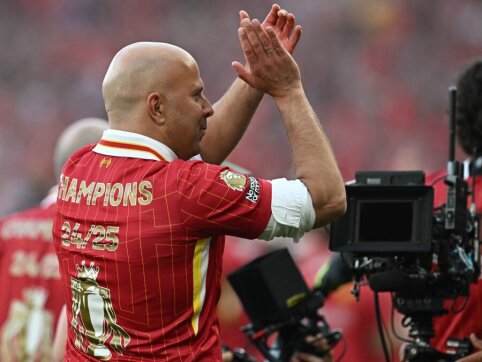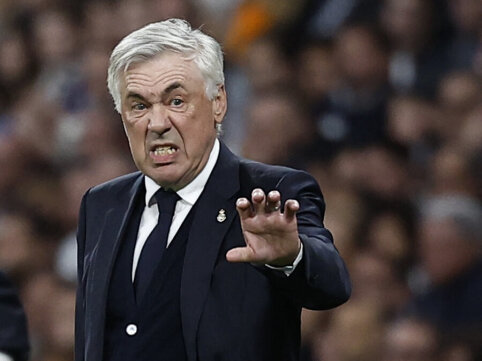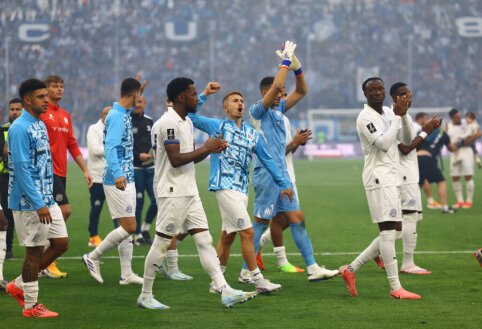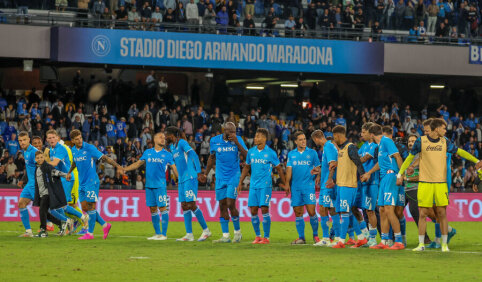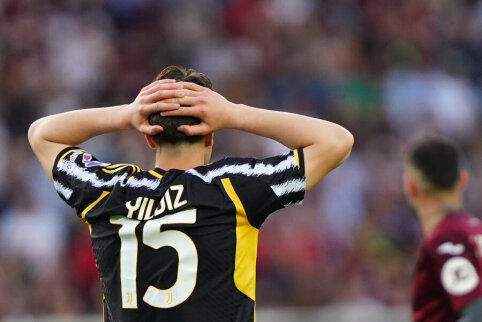 © EuroFootball.com
© EuroFootball.com
"EuroFootball.com" offers to read an article published on www.juventus.lt about the "Calciopoli" scandal that shook Italian football in 2006 and the events that followed.
It's been five years since the "Calciopoli" scandal, but its end is still not in sight. Why? If the Turin club was guilty and rightfully punished, shouldn't we move on? The goal of this article is to provide a summary of the prolonged "Calciopoli" scandal from the perspective of Juventus.
The scandal erupted in early 2006 when former Juventus general director Luciano Moggi was accused of influencing referees and their appointments. The Italian Football Federation (hereinafter FIGC) presented a number of recorded phone conversations (from "Telecom Italia") involving Luciano Moggi and two referee managers, Bergamo and Paretto. Other clubs - "Milan", Rome's Lazio, and Fiorentina were also involved in this scandal.
Soon after, Juventus was convicted of having special (note this word) relationships with Serie A's referee managers. The most important thing is that FIGC did not prove (or could never prove) that Juventus actually influenced the referees. Official documents stated that Juventus conditioned the league table, and later that Luciano Moggi did not influence the outcome of any Juventus match. At that time, press fantasy raged and produced one conspiracy theory after another about how Luciano Moggi controlled the whole league from behind the scenes, due to his special relationships with referee managers. For example, let's remember the famous story of how Luciano Moggi locked the match referee in the bathroom after a unsuccessful Juventus match with Reggina. Later it was proven to be complete nonsense. This highlights the hostile sentiments towards Juventus at that time.
In the official documents, there were no direct charges of Juventus violating Article 6, which includes referee bribery. Instead, it was written: "Moggi never engaged in corruption." Ironically, at that time, not only was it completely legal for clubs to communicate with referee managers, but FIGC even encouraged it. Referee managers communicated with all club presidents, but Milan's Inter president Facchetti and Massimo Moratti repeatedly stated that they never had any contact with them.
In 2006, there was no evidence to convict Juventus (the court forbade the calling of witnesses, not a single phone call recording was presented (only transcripts)). When the entire Juventus board resigned, the club had very little time to prepare for defense. The emergence of stories one after the other casts more and more doubt on FIGC's verdict. The decision to relegate Juventus to Serie B and strip them of two Serie A trophies can be seen as a significant conflict of interest: "Telecom Italia", which provided phone call records, was led by a man who had been an Inter board member for almost a decade, and who later became the president of FIGC during the scandal and gained immense powers. Shortly after, the head of Telecom Italia resigned and became the president of Pirelli (longtime sponsor of Inter). Who became the director of Telecom Italia? Guido Rossi.
So what happened next? Juventus remained silent, and until the moment when Andrea Agnelli became the club's president, they did not challenge or attempt to delve into the scandal that had erupted. Meanwhile, Luciano Moggi, who was charged with several other accusations, decided to fight and stir up another scandal.
The main accuser in the "Calciopoli" case against Juventus, Attilio Auricchio, was invited to a trial in Naples involving Luciano Moggi, where he stated that all the evidence that led to Juventus being convicted had disappeared. When asked where they had gone, he replied - "I don't remember." Auricchio, a former police officer who a few years earlier got involved in election fraud in Rome, could not find an answer to why only 60,000 phone call recordings out of 120,000 were presented in the "Calciopoli" trial. The defense team of Luciano Moggi examined the recordings and it turned out that Facchetti, Moratti, and Milan's general director Galliani regularly discussed with referee managers, and it also became clear that two referee managers had lunch at Facchetti's home.
In one recording, they agreed on dinner at Facchetti's. The dinner took place on the eve of a controversial Inter victory over Livorno. In another recording, Bergamo said: "I just spoke with Moratti. He wants to have dinner together and discuss the situation regarding the referees." Such evidence was not presented in the Juventus trial that would have revealed Facchetti, Moratti, and Galliani's lies concerning referee managers. The special relationships Luciano Moggi had with referee managers wouldn't have been so special if teams like Livorno and Cagliari had communicated with them while they were having lunch with Facchetti and Moratti at the time. Auricchio, who had information about Facchetti and Bergamo's private meeting, admitted during the cross-examination that he was informed about it, and said: "We had a transcript of a conversation in which Facchetti asked Collinos about referee networks administered by Bergamo, but we thought the conversation was not relevant." It was also clarified that Facchetti was aware in advance of referee appointments before the information appeared in the public domain.
Last year, Juventus officially demanded that FIGC reopen the investigation, but the Italian Football Federation refused to do so. Paradoxically, while FIGC managed to reopen Luciano Moggi's case (separate from his civil case in Naples) months before his sentence ended (Moggi was banned for 5 years from working in professional football clubs), they failed to re-examine the scandal. Palazzi, the chief FIGC prosecutor, in one of his public statements, stated that Facchetti and Inter violated Article 6 (for which, as mentioned, Juventus was never accused) and also that Massimo Moratti violated Article 1, which was what Juventus was accused of. The FIGC president expressed a desire to start a full investigation, but Inter must agree to waive the statute of limitations which is the only hindrance to starting the investigation. Nothing surprised anyone when FIGC decided to "decide nothing." They just announced that they would not take the 2006 Scudetto from Inter because they "legally cannot do so."
Unlike his predecessors, Juventus president Andrea Agnelli decided not to remain silent and take action. During the 2011-2012 season Juventus kit presentation, he demanded that FIGC take action, but due to the federation's position of "deciding nothing," Juve's president stated that Juventus would take all legal and sporting measures to uncover the truth.
The myth of the "Moggi referee system" has already been debunked. The conflict of interest in 2006, involving Inter board members, cannot be left uninvestigated. Nor can the evidence be allowed to slip away, as it did with the evidence that convicted Juventus. Would Inter have been sent to Serie B in 2006? Probably not, but Palazzi accused them of referee bribery. One thing is clear, that in 2006 Juventus was systematically discriminated against, and while there is little hope that the club will recover the trophies or the hundreds of millions of euros lost, Juventus must continue to seek justice. Fortunately, while Moggi fights his case, Agnelli has raised this issue to the international arena, so it is unlikely that this story will be quickly forgotten.
